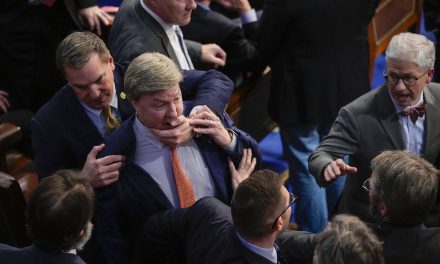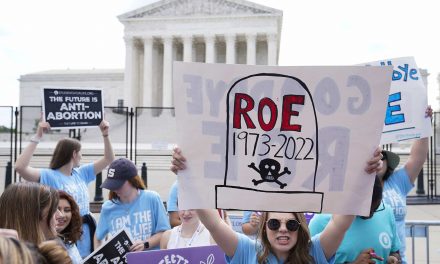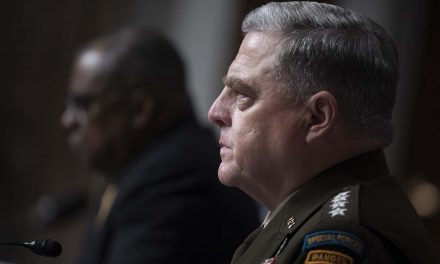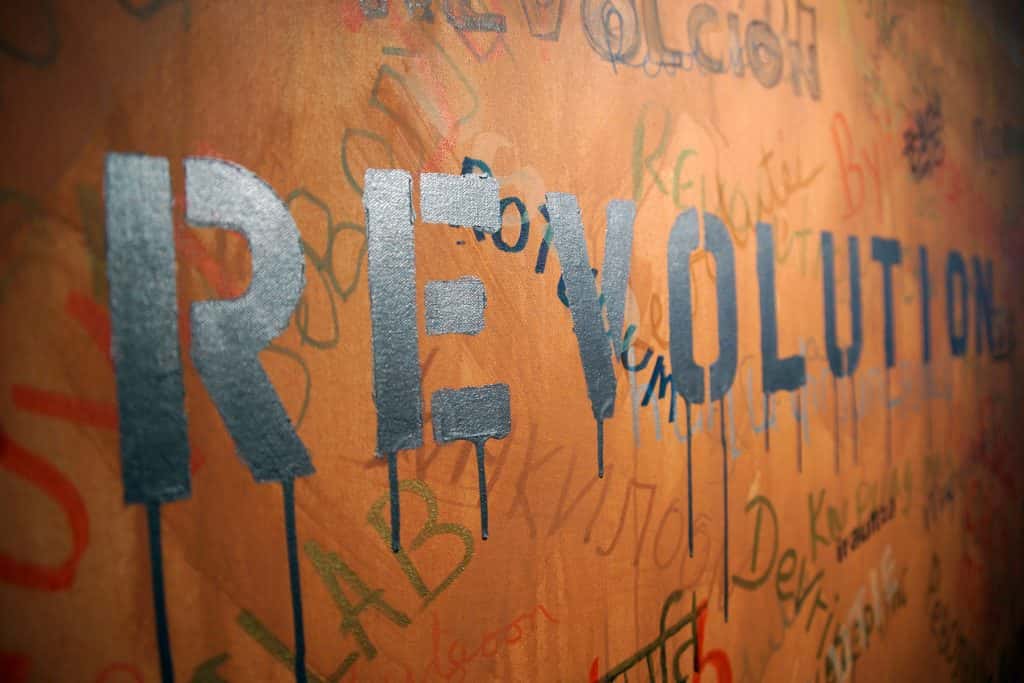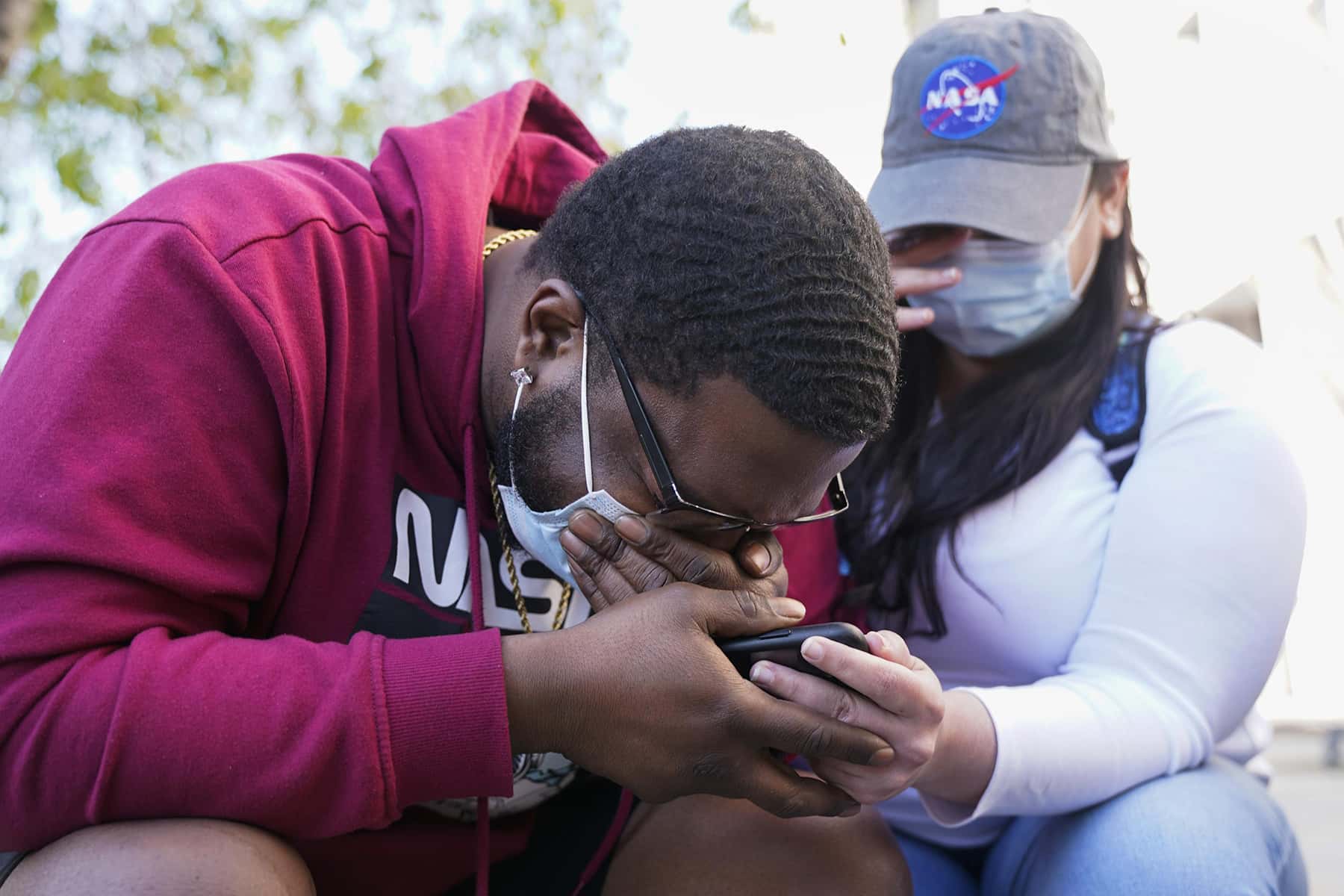
A jury in Minneapolis, Minnesota, convicted former police officer Derek Chauvin on April 20 of all criminal counts in the death of George Floyd.
On May 25, 2020, Chauvin knelt on Floyd’s neck for 9 minutes and 29 seconds after arresting him for allegedly trying to pass a counterfeit $20 bill. The jury found Chauvin guilty of second-degree murder, third-degree murder, and second-degree manslaughter. He faces up to 75 years in prison, and will be sentenced in two months.
As we heard this verdict today, it was striking how many Americans breathed a sigh of relief. It stands out to me that, although a girl passing by, Darnella Frazier, had the presence of mind to record a video of the entire encounter on her cell phone so we could all see what happened entirely too clearly, we were not certain of the outcome.
When they released information about Floyd’s death on May 26, the Minneapolis police department described it like this: “Two officers arrived and located the suspect, a male believed to be in his 40s, in his car. He was ordered to step from his car. After he got out, he physically resisted officers. Officers were able to get the suspect into handcuffs and noted he appeared to be suffering medical distress. [He was, in fact, dead.] Officers called for an ambulance. He was transported to Hennepin County Medical Center by ambulance where he died a short time later.”
If Ms. Frazier had not captured the video, would Chauvin be in prison right now? Between 2013 and 2019, only 1% of killings by police have resulted in criminal charges. How many of those deaths are like that of Mr. Floyd?
I cannot help but think of the famous image of Deputy Sheriff Cecil Ray Price and Sheriff Laurence A. Rainey laughing at a hearing after their arraignment following the murder of three civil rights workers in Philadelphia, Mississippi, in 1964.
Price and Rainey were members of the Ku Klux Klan. On June 21, Price stopped James Chaney, Andrew Goodman, and Michael Schwerner, allegedly for speeding, then arrested them on suspicion that they had burned a church. That night, after they paid their speeding ticket and left, Price followed them, stopped them, ordered them into his car, and then took them down a deserted road and turned them over to two cars full of his fellow terrorists. They beat and murdered the men and buried them at an earthen dam that was under construction.
Price and Rainey thought it was funny when they were arraigned along with 16 of their friends—not for murder, because Mississippi refused to bring charges, but for conspiracy and violating the civil rights of the murdered men, both federal offenses. And why shouldn’t they think it was all a joke? The jury was all White and, after all, they were law enforcement officers.
But, in the end, Price was convicted and sentenced to six years in prison (he served four) and Rainey, who was not at the murder scene, was found not guilty, but lost his job and his marriage and blamed the FBI and the media for ruining his life.
That is the issue at stake today, of course. After 1877, certain White men in the American South could commit crimes with impunity, doing whatever they wished to the rest of us, because the region had become a one-party state. Protesters like Chaney, Goodman, and Schwerner set out to reestablish the principle of equality before the law. In 1964, Price and Rainey tried to stop them and found, to their surprise, that the world had changed. Then, in 1965, the Voting Rights Act protecting the right of Black people to vote and the stranglehold of the White Supremacists on the one-party South loosened.
In 2021, once again, certain people in our government and law enforcement would like to exercise the political dominance of a one-party state and the power that comes with it, this time on a national scale. Today, Chauvin found, to his apparent surprise, that the world is changing.
May her extraordinary act of bearing witness bring peace to Ms. Frazier. Rest in power, Mr. Floyd.
Mаrk Fеlіx
Letters from an Аmerican is a daily email newsletter written by Heather Cox Richardson, about the history behind today’s politics

